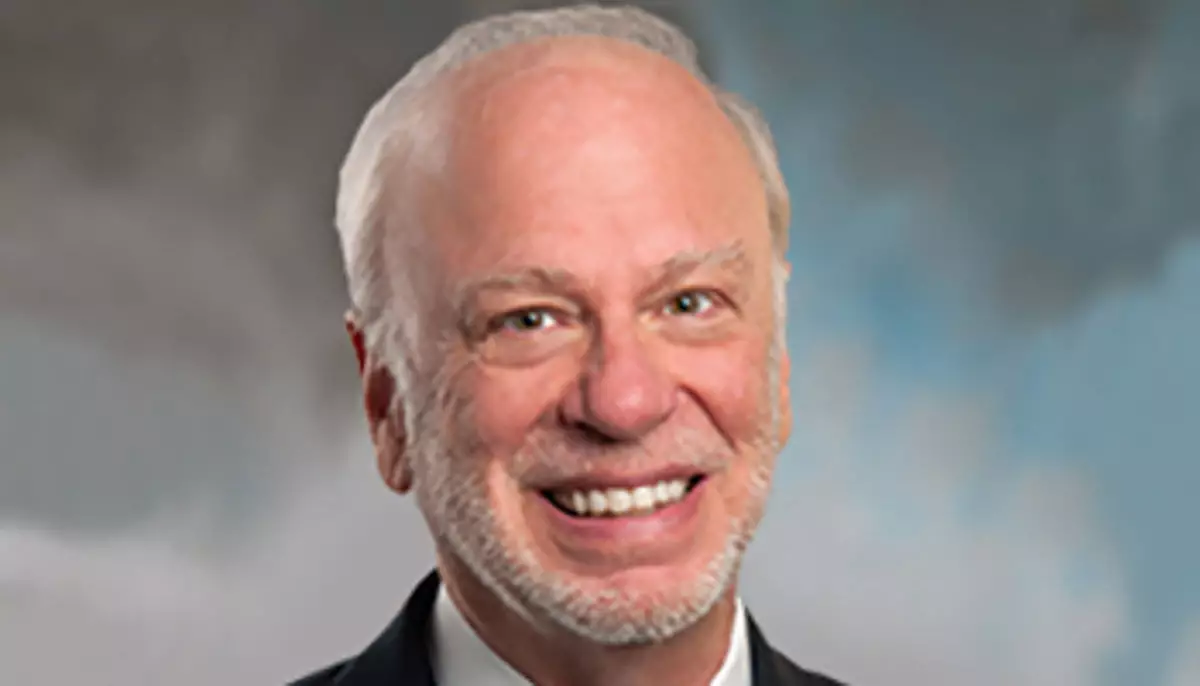Over recent years, the airline industry’s regulatory landscape has been significantly shaped by a series of consumer-focused rules implemented by the Department of Transportation (DOT). These regulations—such as requiring full disclosure of airline fares, enforcing codeshare transparency, and mandating automatic refunds for canceled flights—have aimed to safeguard passengers from unfair practices and provide clarity amid complex airline policies. However, the political winds are shifting, especially with the change in presidential administrations, prompting questions about the longevity of these protections.
Under President Biden, there was a palpable emphasis on strengthening consumer rights and enforcing stricter regulations on airlines. Conversely, the Trump administration’s executive orders sought to dramatically reduce regulatory burdens, requiring agencies to repeal multiple rules for every new regulation proposed. While this order didn’t mandate wholesale repeals, it laid the groundwork for a deregulatory era that critics argued could gut existing protections. The key uncertainty lies in whether current leadership will dismantle these recent passenger safeguard regulations or uphold them, reflecting a broader ideological battle over federal oversight.
The Trump-era executive order explicitly directed agencies to “identify” old regulations for elimination when crafting new rules. But more consequentially, a subsequent memorandum issued in April 2021 urged agencies to actively repeal regulations that an administration deems “unlawful” or exceeding statutory authority. This broad directive—especially without the usual notice-and-comment period—opens the door for aggressive rollbacks, potentially targeting the airline consumer rules implemented under the previous administration. The question remains whether the current DOT will interpret this mandate expansively and simply discard protections or approach the task cautiously.
Legal and Procedural Challenges to Rollbacks
One of the more complex hurdles for repealing these regulations is rooted in legal procedural requirements. The Administrative Procedure Act (APA) mandates that agencies seeking to make substantive changes to rules provide a public notice and an opportunity for comment. This process ensures transparency and allows stakeholders—such as consumer advocates, airlines, and industry groups—to voice opinions and influence outcome.
However, the recent directives bypass these steps, relying instead on an exception in the APA for “good cause.” The legality of this shortcut is deeply contested. Critics argue that the term “good cause” is traditionally reserved for emergencies or situations where regulations have become obsolete, not for wholesale deregulatory efforts driven by political ideology. Consumer advocacy groups are preparing legal challenges, asserting that bypassing these procedural safeguards undermines the rule of law and the rights of affected parties.
The debate over whether these consumer protections are within the DOT’s legal authority to rescind hinges on interpretations of statutory mandates and judicial precedents. The issue is likely to culminate in a Supreme Court showdown, which could set a precedent on the balance of power between federal agencies and oversight by the judiciary. This legal uncertainty casts a long shadow over the future of airline passenger rights, highlighting the fragility of recent consumer protections.
The Broader Implications and Industry Response
For travelers, the potential rollback of these regulations raises concerns about diminished transparency and fewer rights when disruptions occur. Already, the airline industry has been lobbying against regulations perceived as burdensome or costly. If the consumer protections are rescinded, passengers could find themselves with less clarity, fewer remedies for canceled flights, and diminished leverage when airlines fail to meet reasonable service standards.
From the industry perspective, deregulation offers expediency and financial relief, allowing airlines to prioritize profit margins over consumer convenience. Yet, this approach risks damaging public trust and could invite regulatory backlash if passengers feel unprotected and exploited. The tension between economic interests and consumer rights is unlikely to resolve easily, especially as legal challenges unfold and public opinion sways.
The probable timeline for these changes is uncertain. While agencies could implement some rollbacks within a year, the legal battles, particularly if they escalate to the Supreme Court, could delay or even block efforts to rescind these protections altogether. Expectations are that it will take at least a year to see the full effects of any deregulation, if they materialize at all, leaving travelers and industry stakeholders in a prolonged state of uncertainty.
In essence, the future of airline consumer protections hinges on a complex interplay of legal authority, political will, and public advocacy. The current trajectory suggests a push toward deregulation, but entrenched legal challenges and public resistance could significantly alter that course. Whether these protections endure or fade into legal and political obscurity will ultimately shape the traveler experience for years to come.


Leave a Reply